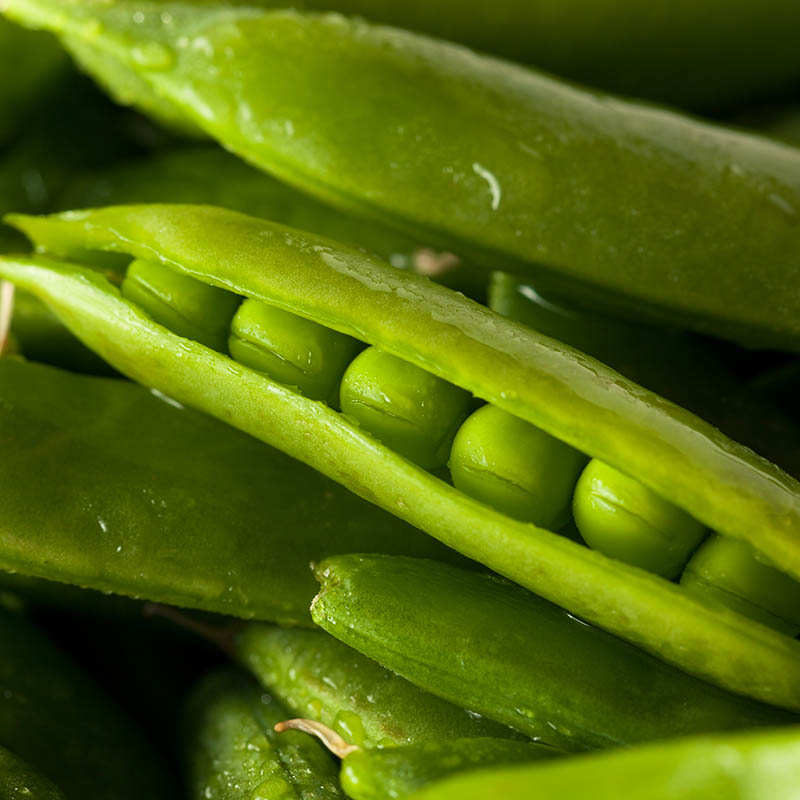
By: Kayla L.
Year: 2023
School: Pioneer Middle
Grade: 7
Science Teacher: Kristin Zebe
Global warming has long been a pressing issue, and methane, a potent greenhouse gas, is a major contributor to this problem. As it traps heat in the Earth’s atmosphere, finding effective ways to reduce methane emissions is crucial for slowing the rate of global warming. One innovative approach to address this issue is to cut waste in landfills by utilizing common home-waste products as natural fertilizers for garden soil. Kayla embarked on a fascinating science project aimed at both reducing methane emissions and promoting plant growth through the use of recyclable materials as natural fertilizers.
Kayla’s research focused on investigating the potential of various home-waste products as effective garden soil fertilizers. Her objectives were twofold: firstly, to determine if items like coffee grounds, eggshells, tea leaves, fruit and vegetable peels, grass clippings, and expired milk could indeed serve as potent fertilizers, and secondly, to identify which of these recyclable materials promoted the most robust plant growth.
To conduct her study, Kayla selected Pisum sativum, commonly known as sugar snap peas, as her test plant. She germinated these peas from seeds and placed them in two different types of soil: one without any home-waste product, serving as the control group (n=10 plants), and the other mixed with a 5:100 ratio of a home-waste product to soil. There were six experimental groups, each containing 10 plants. These experiments were conducted in 24-ounce clear plastic cups over a period of 30 days, during which the growth of the sugar snap peas, soil moisture, pH levels, and light exposure were meticulously measured and recorded daily.
Throughout the experiment, Kayla used a home soil test kit by Luster Leaf to assess the nitrogen, phosphorus, and potassium levels in the soil. She conducted these tests both before planting the Pisum sativum seeds and at 10-day intervals during the plant’s growth period.
The results of Kayla’s study were quite revealing. Among the various home-waste products tested, grass clippings emerged as the most effective natural fertilizer for soil. The plants that received soil mixed with grass clippings exhibited significant improvements in their height, number of leaves, and leaf size when compared to the control group. Statistical analysis, using a t-test (*p<0.05), confirmed the significance of this growth.
Notably, the group of sugar snap peas grown in soil enriched with grass clippings was the only one showing consistent differences and improvements in the levels of nitrogen, phosphorus, and potassium when compared to the control group. These findings were once again validated through statistical analysis, reinforcing the idea that grass clippings were an exceptional natural fertilizer for soil (*p<0.05).
In conclusion, Kayla’s groundbreaking research demonstrates that utilizing grass clippings as a natural fertilizer can significantly enhance plant growth and soil nutrient content. This environmentally friendly approach not only promotes sustainable gardening but also contributes to the reduction of methane emissions. As methane is a potent greenhouse gas that exacerbates global warming, reducing its release into the atmosphere is of paramount importance.
